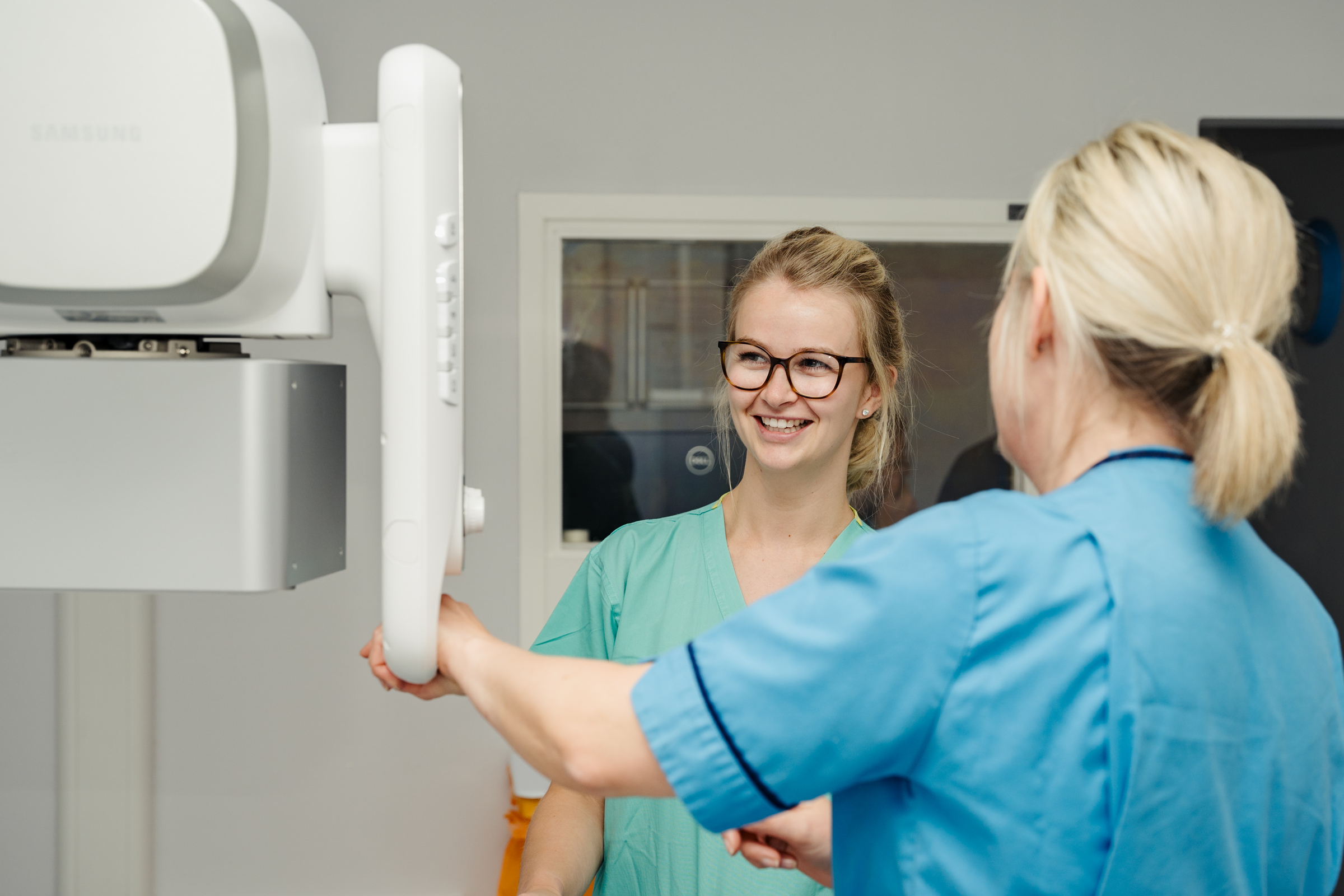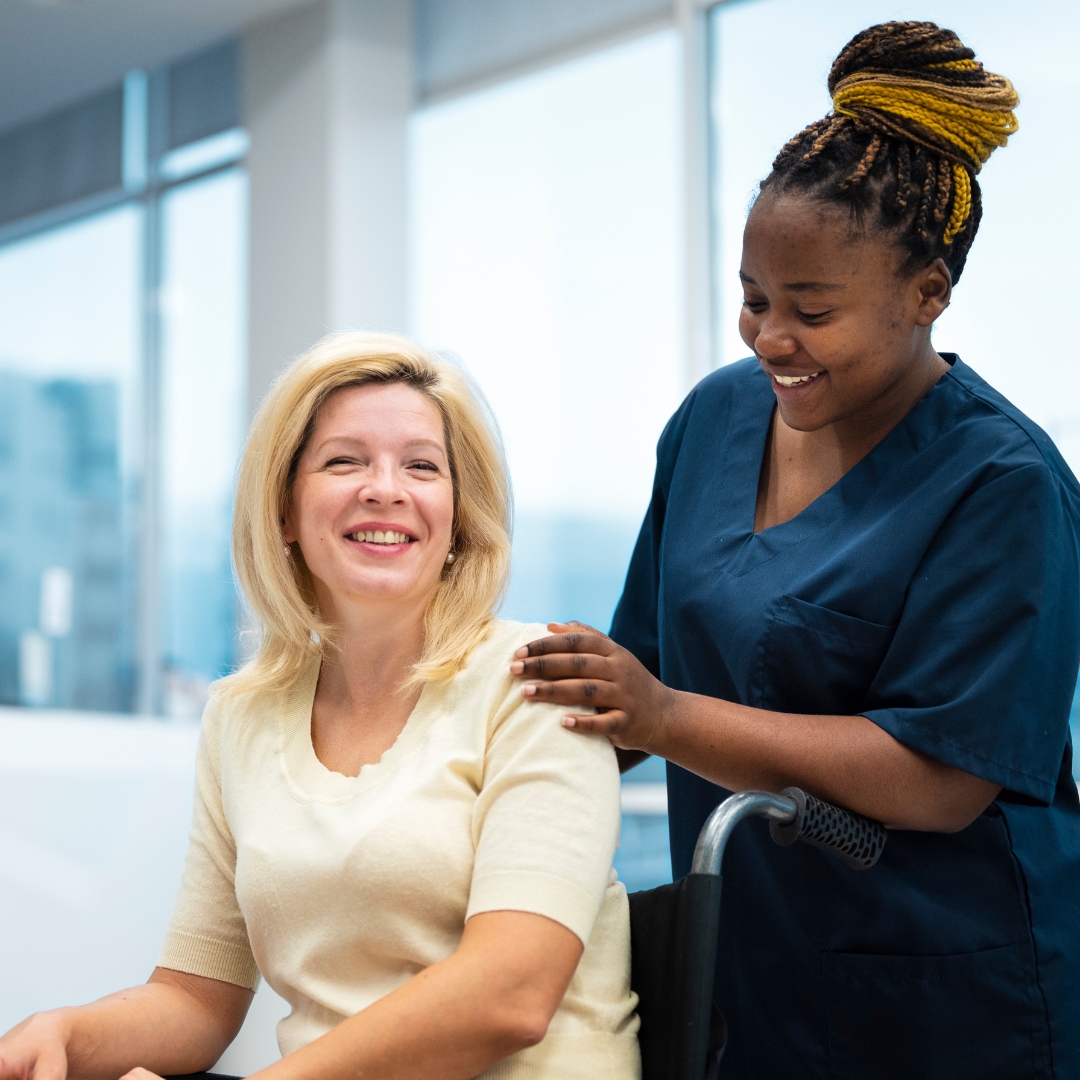Clinical Support Worker
Enables effective patient care and undertakes important clerical, administrative and housekeeping tasks to support the delivery of diagnostic imaging.
Back to Clinical Practice homepage

Enables effective patient care and undertakes important clerical, administrative and housekeeping tasks to support the delivery of diagnostic imaging.
Back to Clinical Practice homepage


The clinical support worker role is the starting point of the diagnostic radiography workforce career structure. While the bulk of the role’s duties are likely to be clerical, administrative and housekeeping, clinical support workers also support patient flow, working in clinical settings across diagnostic imaging examinations and modalities.
Clinical support workers will be educated to:
Although at this level it is not expected that support workers will have previous experience of healthcare; it would be desirable that candidates could demonstrate working with the public, including in volunteering roles.

Role | Entry-level education requirements | Training and education once in post |
|---|---|---|
| Clinical Support Worker | Level 2
|
|
Hosted by SoR's Sue Johnson, Professional Officer of Clinical Imaging, this podcast series covers Technical Levels and the importance of Work Experience.
Technical Levels is a new initiative first introduced in sept 2020 for 16 to 19 year olds.
Aimed to provide young people the opportunity to experience the radiography profession. Which will hopefully encourage them to embark on a career within the field.
Guests:
Guests:
